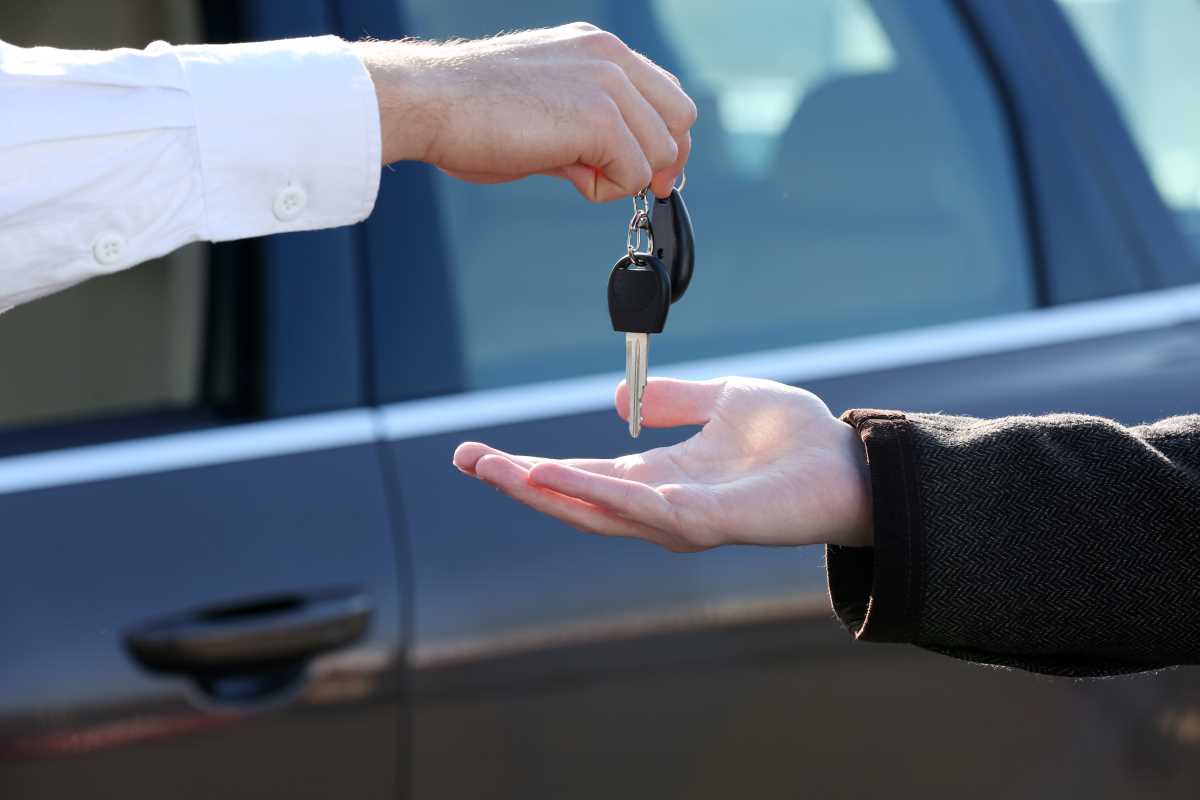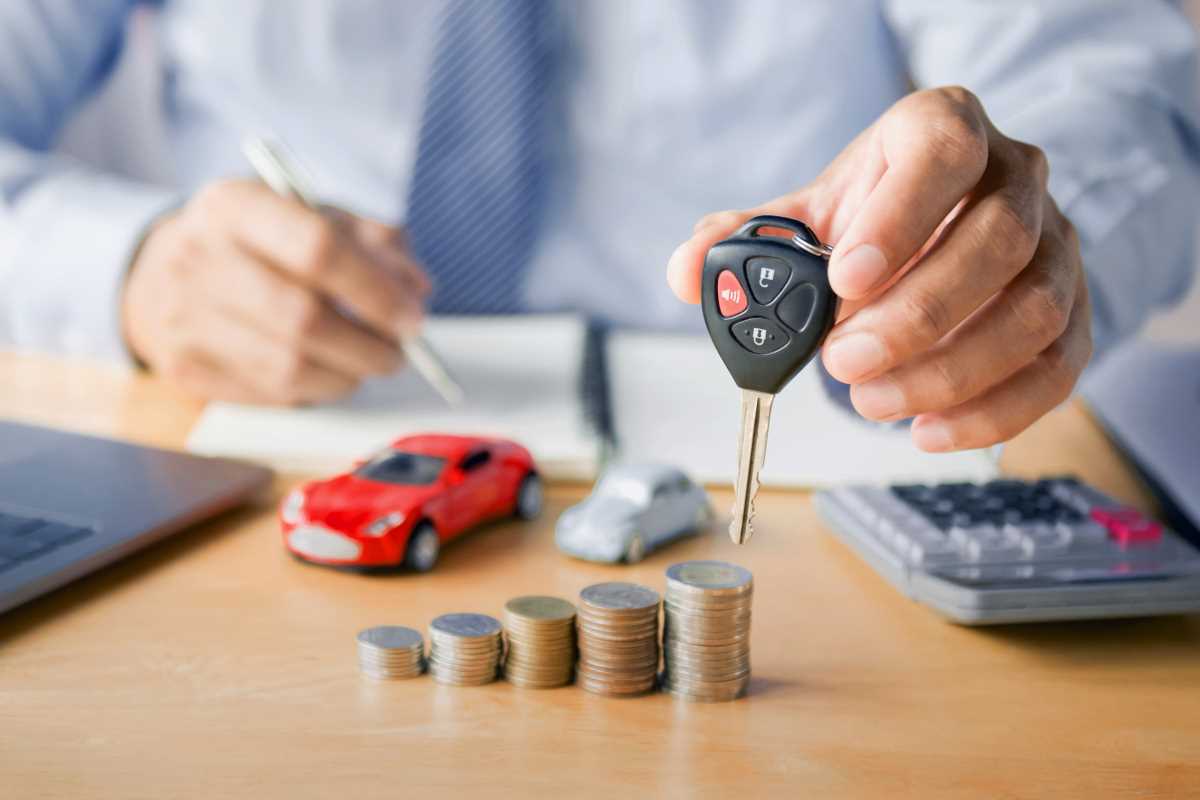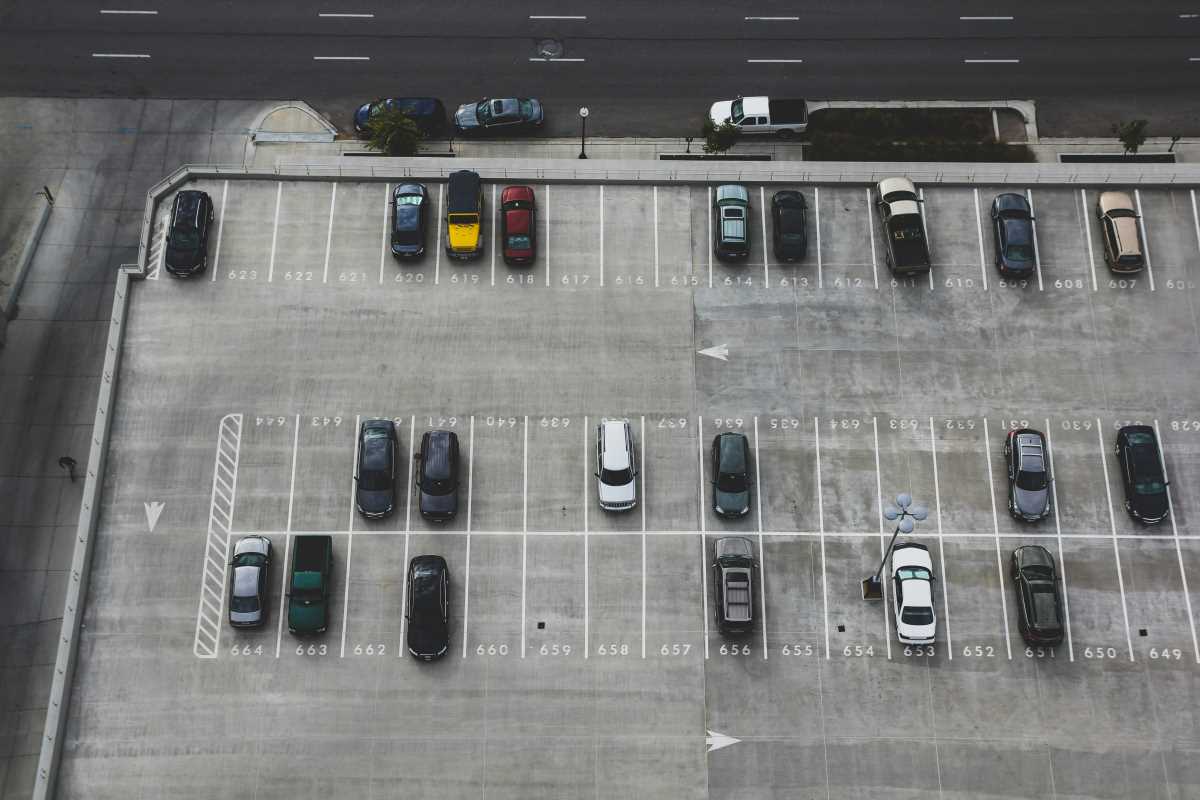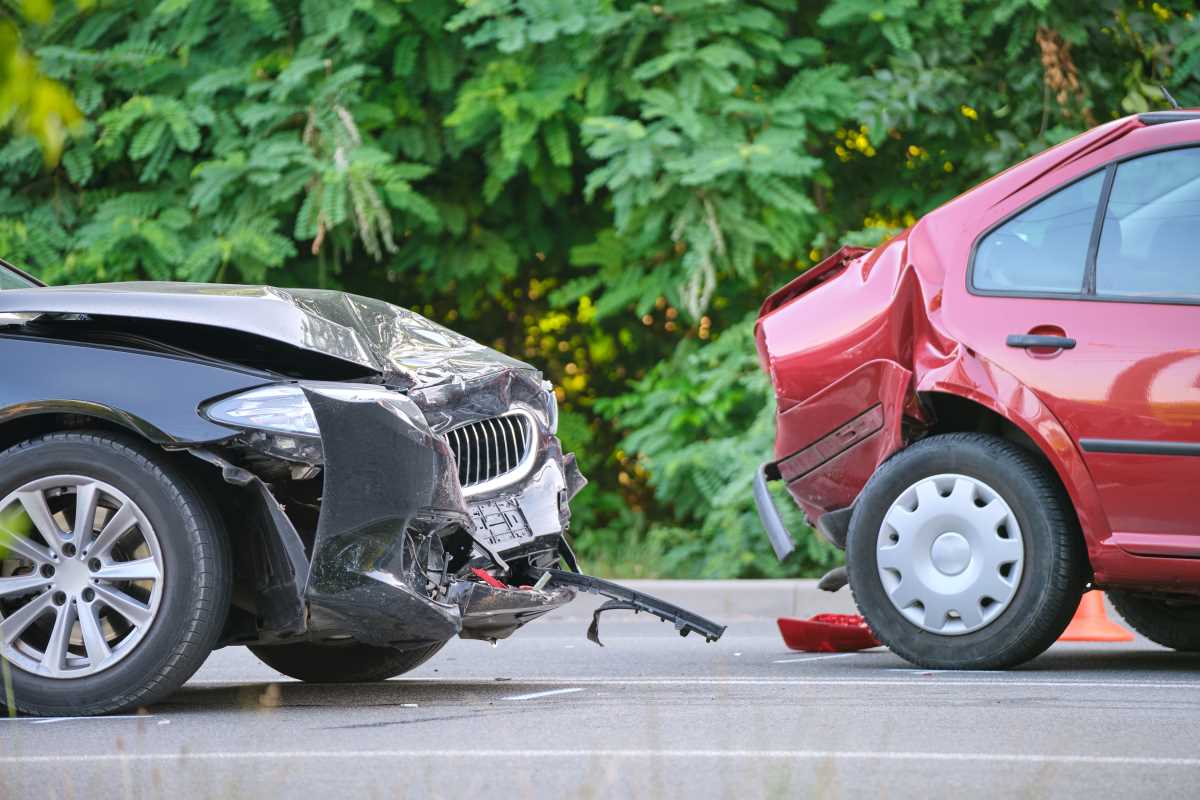Car insurance seems pretty straightforward: you own a car, you insure it. But what happens when you don't own a car? You might be a city dweller who relies on public transit, a student who left their car at home, or someone who frequently borrows cars from friends or family. Going without insurance might seem like the obvious choice, but it can leave you financially exposed in an accident and create problems down the road. This is where a little-known but incredibly useful product comes into play: non-owner car insurance. It's a special type of policy designed for drivers who don't have a vehicle of their own. This guide will explore what non-owner insurance is, who it's for, and how it can be a smart, affordable way to stay protected and maintain your insurance history, no matter what your driving situation looks like.
What Exactly Is Non-Owner Insurance?
Think of a non-owner policy as car insurance for the driver, not the car. It’s a form of secondary liability coverage that protects you when you're behind the wheel of a vehicle you don't own. If you borrow a friend's car and cause an accident, their auto insurance is the primary policy and would pay out first. However, if the damages exceed the limits of your friend's policy, your non-owner insurance would kick in to cover the remaining costs. This prevents you from being held personally responsible for thousands of dollars in medical bills or property damage. It’s a safety net for your personal finances when you're driving a borrowed vehicle.
Who Is This Policy For?
This type of insurance is ideal for individuals with specific needs. If you frequently rent cars, a non-owner policy can be significantly cheaper than buying the rental company's liability waiver each time. It’s also ideal for people who frequently borrow cars from friends or family members who live elsewhere. Urbanites who have sold their cars but still use car-sharing services like Zipcar or Turo can also benefit. Finally, it's a crucial tool for individuals who need to file an SR-22 or FR-44 certificate with their state to reinstate a suspended driver's license but do not own a vehicle. A non-owner policy fulfills this legal requirement affordably.
Understanding What It Does and Doesn't Cover
It’s essential to know that non-owner car insurance is not a full-service policy. Its primary function is to provide liability coverage. This means it pays for injuries and property damage you cause to other people in an at-fault accident. Some policies may also allow you to add coverage for uninsured/underinsured motorists (UM/UIM) or medical payments, which can help cover your own injuries if the other driver is at fault and has no insurance. However, a non-owner policy does not include collision or comprehensive coverage. It will not pay to repair the car you were driving, nor will it cover theft or damage from things like hail or vandalism. The vehicle's owner is responsible for carrying that physical damage coverage.
The Continuous Coverage Advantage
One of the biggest, and often overlooked, benefits of a non-owner policy is that it helps you maintain continuous insurance coverage. Insurance companies view gaps in your coverage history as a sign of risk. When you eventually go to buy a car and need a standard auto policy, insurers may charge you significantly higher premiums if you've been uninsured for six months or more. By holding an affordable non-owner policy, you demonstrate financial responsibility and are a consistent customer. This simple act can save you hundreds of dollars when you need to purchase a traditional policy later on.
How Rates Are Determined
Because you aren’t insuring a specific vehicle, the cost of a non-owner policy is typically much lower than standard car insurance. Insurers calculate your premium based on factors directly related to you as a driver. They will consider your driving record, age, residence, and anticipated driving frequency. If you have a clean record and only plan to drive occasionally, your rates will be very reasonable. However, if you require an SR-22 filing due to a major violation like a DUI, your premiums will be higher to reflect that increased risk. Even then, it is almost always a more cost-effective solution than other options.







